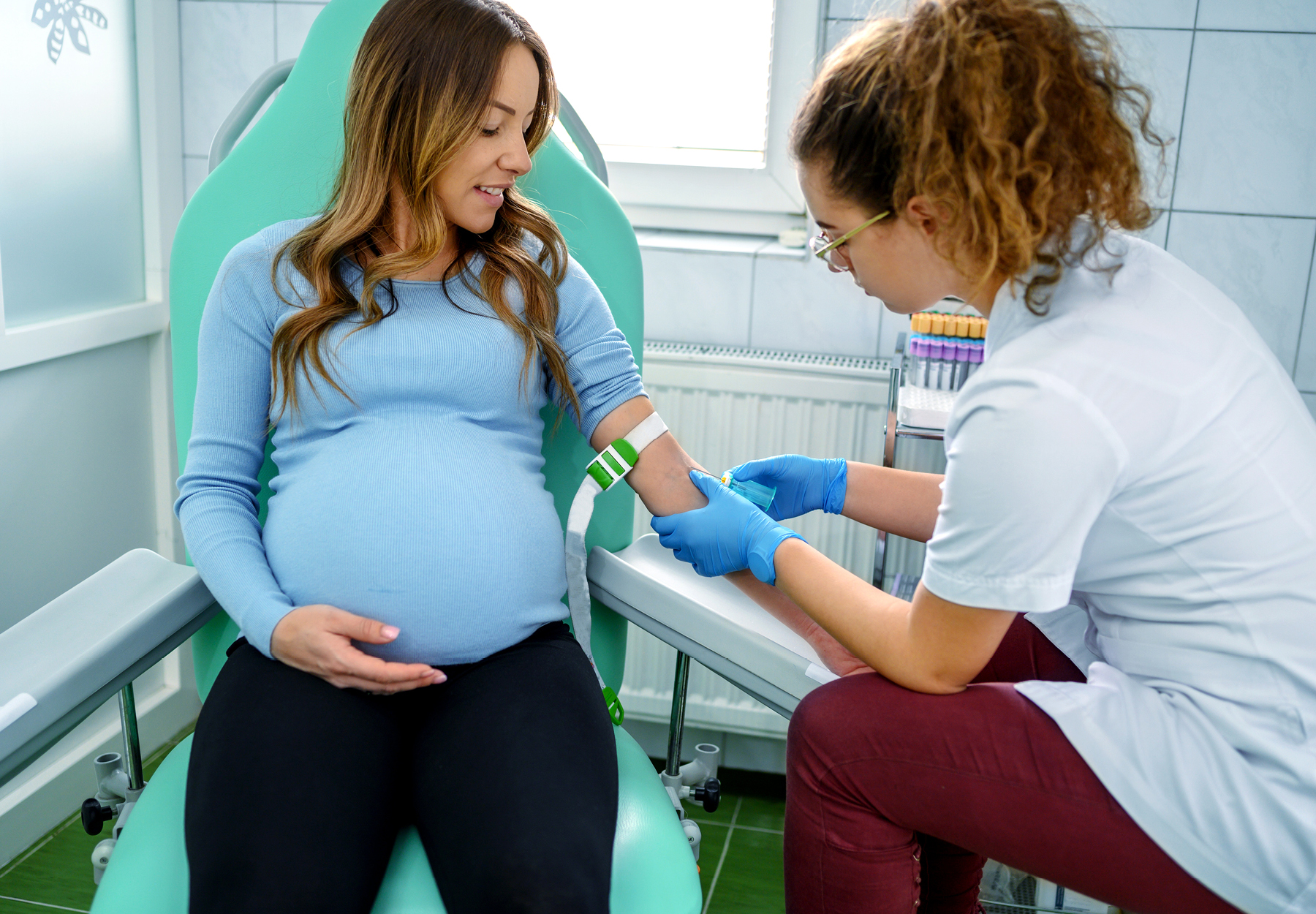Citing superior accuracy, the American College of Medical Genetics and Genomics (ACMG) published a new practice guideline that “strongly recommends” the use of non-invasive prenatal screening (NIPS) over traditional ultrasound and biochemical screening methods on all pregnant patients for detecting common fetal trisomies. The December 16, 2022, practice guideline also “strongly recommends” NIPS to screen for fetal sex chromosome aneuploidy (SCA).
NIPS uses cell-free DNA (cfDNA) to detect trisomy, a genetic condition in which an extra copy of a chromosome is present in cell nuclei of an unborn child that may cause developmental abnormalities and severe health issues. Unlike conventional screening methods, NIPS analyzes the entire fetal genome. First introduced into practice in 2011 to identify trisomy 21 (T21) associated with Down syndrome, use of NIPS has expanded to other trisomies, including those not covered by traditional screening.
While NIPS tests are widely used, none have yet received authorization, clearance or approval from the FDA. Last April, the FDA issued a Safety Communication noting this fact and warning of the risk of false results from NIPS, “such as reporting a genetic abnormality when the fetus does not actually have one.” The Safety Communication recommends that patients talk to a genetic counselor or other healthcare provider and get confirmatory testing before relying on the results of NIPS tests to make decisions about whether to end a pregnancy.
On May 24, 2022, the ACMG issued a new systematic evidence-based review (SER) evaluating NIPS performance in detecting the most common chromosomal disorders such as Down syndrome in general-risk pregnancies, as well as in detecting SCAs, copy-number variant disorders, and other rare trisomies, including trisomy 13 (T13) Patau syndrome and trisomy 18 (T18) Edwards syndrome.
The new practice guideline revises previous ACMG recommendations for use of NIPS tests based on the SER findings. The headline is that the ACMG now “strongly recommends” NIPS over traditional screening approaches for the general-risk population for certain applications. “The SER demonstrated consistently superior performance of NIPS, which outperformed traditional screening in all parameters and across all studies in general-risk populations of individuals with a singleton pregnancy,” the guideline notes. Similar recommendations pertain to twin pregnancies.
The ACMG also strongly recommends NIPS for SCA in singleton pregnancies, citing 99.6 percent overall detection rate for four common SCAs—monosomy X, XXX, XXY, and XYY, with positive predictive value varying by condition. However, ACMG researchers found insufficient evidence to recommend NIPS for any other copy number variants or for rare autosomal trisomies.
For more insight, see the full article in our upcoming February 2023 Diagnostic Testing & Emerging Technologies. Sign in with your subscription or gain access with a free trial.
